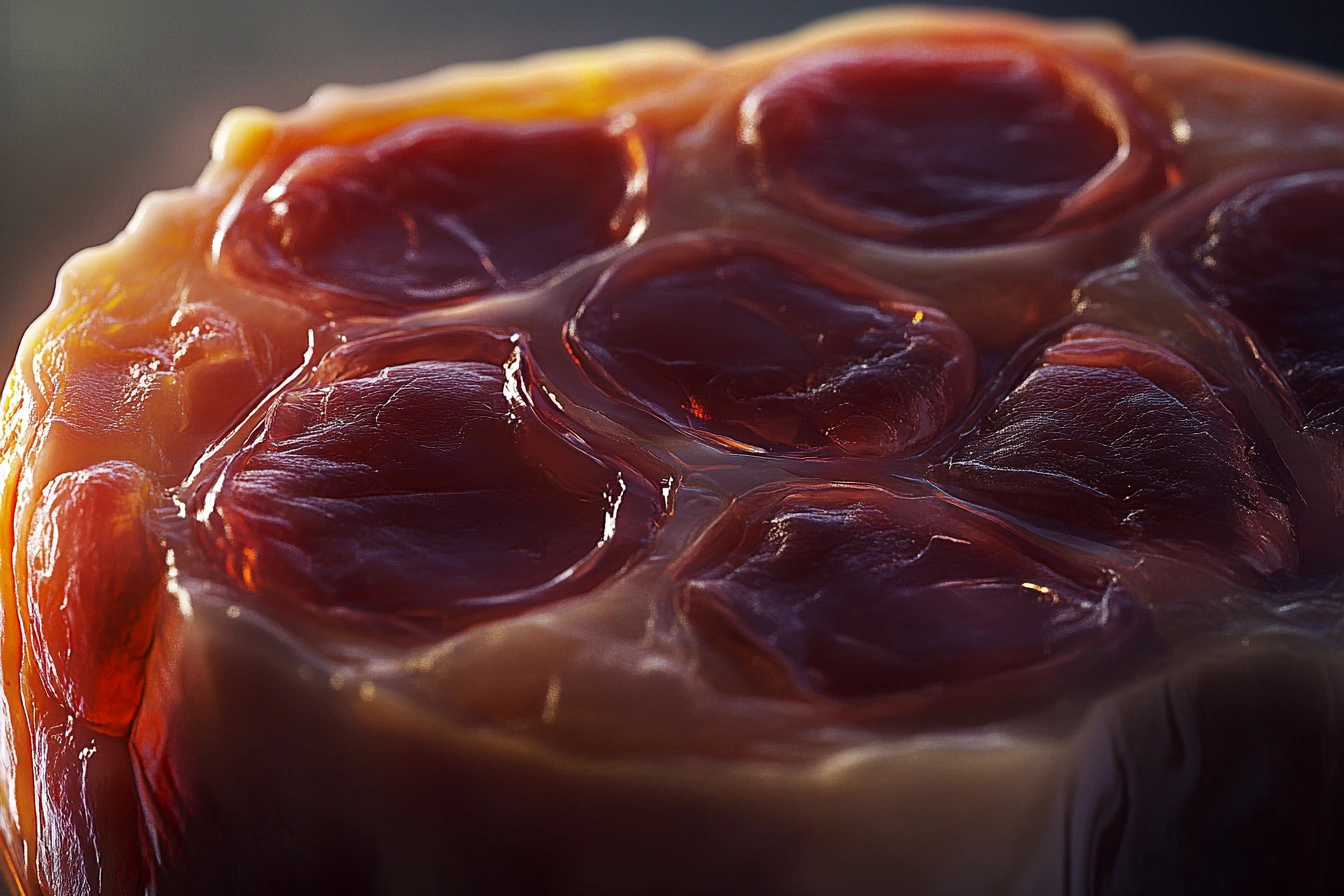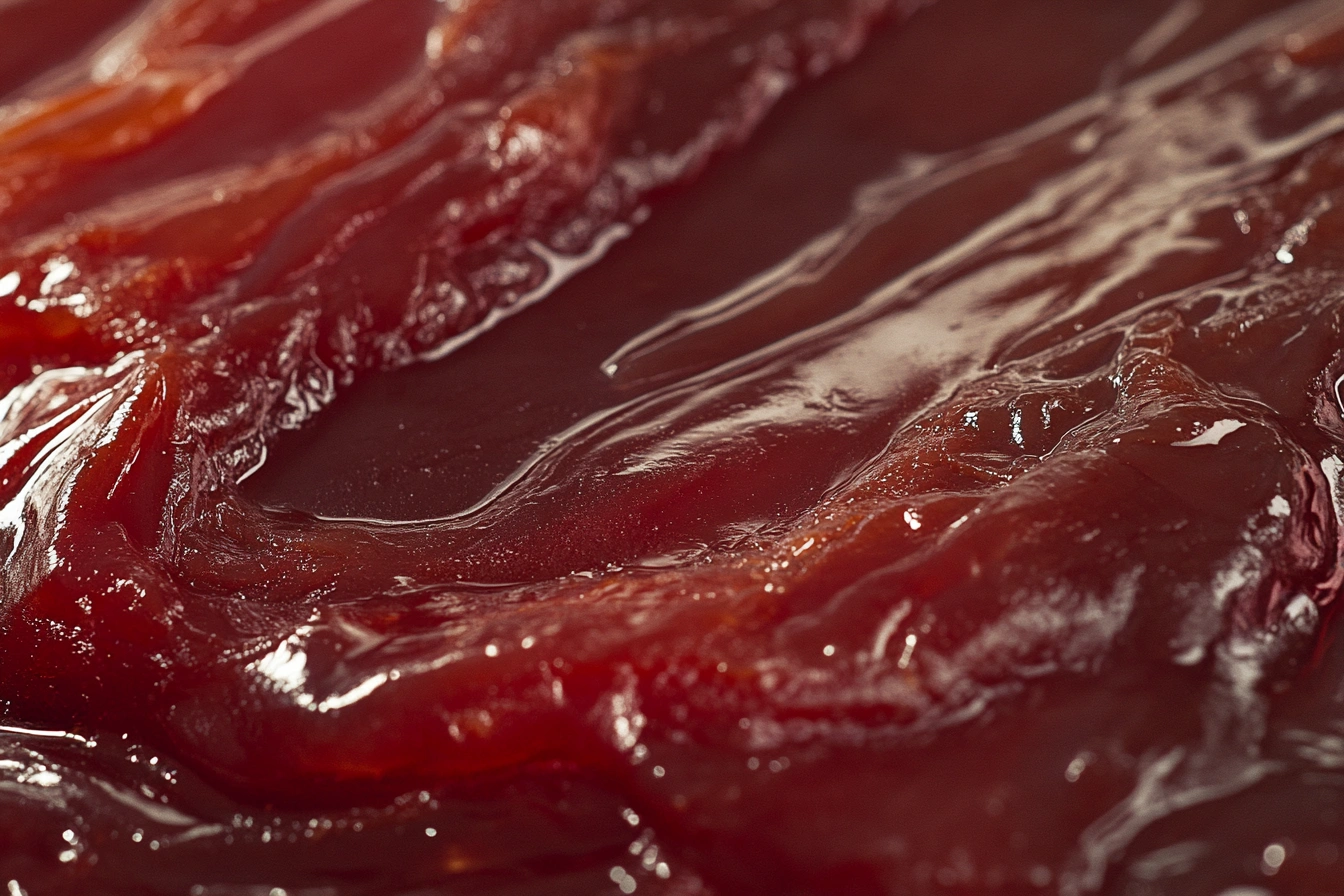Understanding Gelatin and Islamic Dietary Laws
1. Introduction
Gelatin is a common ingredient in many food products and supplements, known for its ability to thicken, stabilize, and provide a desirable texture. It is widely used in items such as gummy candies, marshmallows, yogurts, and even in medicinal capsules. However, its use is controversial among Muslims due to the sources from which it is derived.
Islamic dietary laws classify foods as halal (permissible) or haram (forbidden), and gelatin falls into a gray area depending on its origin. The most common source of gelatin is pork, which is strictly forbidden in Islam. However, beef and fish-based gelatins may be considered halal if sourced properly.
This article will explore the origins of gelatin, the debate over its halal status, and viable halal alternatives. By understanding these aspects, consumers can make informed choices when selecting food and supplement products.
Table of Contents
2. What Is Gelatin?
Definition and Sources
Gelatin is a protein derived from collagen, which is found in the skin, bones, and connective tissues of animals. When processed, collagen is broken down into a gel-like substance used in various food and pharmaceutical products.
Common Sources of Gelatin
- Pork-based gelatin – The most commonly used type, found in many processed foods, desserts, and even some medicines. Since pork is forbidden in Islam, this type of gelatin is classified as haram.
- Beef-based gelatin – Derived from cattle. If the animal is slaughtered according to Islamic guidelines, the gelatin is halal; otherwise, it is haram.
- Fish-based gelatin – Generally considered halal, as most fish are permissible in Islam.
- Plant-based alternatives – While not true gelatin, substitutes like agar-agar (derived from seaweed), pectin (from fruit), and carrageenan (from red algae) offer similar thickening and gelling properties.
Uses of Gelatin
Gelatin is used in a variety of industries, including:
- Food: Gummy candies, marshmallows, yogurts, jellies, and ice cream.
- Pharmaceuticals: Capsules, tablets, and medicinal coatings.
- Cosmetics: Face masks, lotions, and hair products.
Given its widespread use, many Muslims seek halal-certified gelatin or alternatives to ensure they adhere to Islamic dietary guidelines.
3. Halal vs. Haram: What Does Islam Say About Gelatin?
Understanding Halal and Haram in Islam
In Islamic dietary laws:
- Halal (permissible) refers to foods that comply with Islamic guidelines.
- Haram (forbidden) includes prohibited items such as pork, alcohol, and meat not slaughtered according to Islamic law.
The Halal Status of Different Types of Gelatin
- Pork-based gelatin – Since pork is explicitly forbidden in Islam, any gelatin derived from pigs is haram.
- Beef-based gelatin – If the cattle are slaughtered following Islamic guidelines, the gelatin is halal. Otherwise, it is haram.
- Fish-based gelatin – Fish are generally considered halal, making gelatin from fish a safe option for Muslim consumers.
The Debate on Gelatin Transformation (Istihalah)
A key debate among Islamic scholars revolves around the concept of istihalah, or transformation:
- Some scholars argue that gelatin undergoes a complete chemical transformation, meaning that even if it originally comes from haram sources, it is considered halal after processing.
- Others believe the original source matters, meaning that if the gelatin comes from pork, it remains haram, regardless of how much it is processed.
Different Islamic schools of thought have varying opinions on this matter. As a result, some Muslims choose to avoid gelatin altogether unless it is explicitly labeled as halal-certified, while others accept certain processed forms of gelatin.
For those looking to follow strict halal dietary rules, halal-certified beef or fish gelatin, or plant-based alternatives like agar-agar, are the safest options.

Halal Gelatin Options and Common Questions
4. How to Identify Halal Gelatin
For Muslims following halal dietary laws, identifying halal gelatin is essential, as many food products contain gelatin derived from pork or non-halal sources. Here’s how to ensure the gelatin you consume is halal:
📌 Checking Food Labels for Sources of Gelatin
Gelatin is commonly listed as an ingredient in:
✅ Gummy candies (gummy bears, fruit snacks)
✅ Marshmallows (regular marshmallows contain pork gelatin)
✅ Yogurt and dairy products (some brands use gelatin as a thickener)
✅ Soft cheeses (such as cream cheese and some shredded cheeses)
✅ Jellies and desserts (gelatin is a key gelling agent)
✅ Medicines and supplements (capsules and vitamins often contain gelatin-based coatings)
✅ Cosmetics and skincare (some face masks and beauty products use gelatin for texture)
To ensure halal compliance, look for ingredient lists that specify the source of gelatin (e.g., bovine, fish, or halal-certified gelatin).
📌 Certifications to Look For
When shopping for halal gelatin, look for certifications from reputable halal organizations, such as:
✔ JAKIM – Malaysia’s Department of Islamic Development.
✔ IFANCA – Islamic Food and Nutrition Council of America.
✔ Halal Food Council International – Certifies halal food products worldwide.
If a product contains gelatin but does not specify its source or certification, it is best to avoid it or contact the manufacturer for confirmation.
5. Halal Alternatives to Gelatin
For those who want to avoid animal-derived gelatin, there are plant-based and halal-certified alternatives available.
📌 Plant-Based Substitutes
✅ Agar-Agar – A seaweed-based gelling agent commonly used in jellies, puddings, and desserts. It sets firmer than gelatin and is widely used in Asian cuisine.
✅ Pectin – A natural fruit-based thickener found in apples, citrus fruits, and berries. It is often used in jams, jellies, and gummy candies.
✅ Carrageenan – Another seaweed-derived thickener, often used in dairy products like ice cream, yogurt, and chocolate milk.
These plant-based options function similarly to gelatin and are suitable for halal, vegetarian, and vegan diets.
📌 Halal-Certified Gelatin
Muslims who prefer gelatin-based products can opt for halal-certified gelatin made from:
✔ Halal-slaughtered beef gelatin – Derived from cows that were slaughtered according to Islamic guidelines.
✔ Fish gelatin – Generally considered halal by most scholars.
Halal gelatin is available in some supermarkets and specialty stores, but always look for a halal certification to ensure its authenticity.
📌 Kosher Gelatin Debate
Some Muslims consider kosher gelatin halal since kosher dietary laws prohibit pork consumption. However, opinions vary because:
- Some kosher certifications allow gelatin from non-halal beef.
- Islamic scholars disagree on whether kosher beef gelatin is acceptable in a halal diet.
If in doubt, it is best to choose gelatin that is explicitly halal-certified.

6. Frequently Asked Questions
📌 Is all gelatin haram in Islam?
No. Gelatin is only haram if derived from non-halal sources such as pork or improperly slaughtered animals. If sourced from halal-certified beef or fish, it is permissible.
📌 Can Muslims eat gelatin if it’s from beef?
Only if the beef was slaughtered according to Islamic halal guidelines. If the gelatin is from regular non-halal beef, it is not permissible.
📌 Is fish gelatin halal?
Yes, most Islamic scholars agree that fish gelatin is halal, regardless of how the fish was slaughtered.
📌 Can Muslims eat kosher gelatin?
Some scholars say yes, as kosher slaughter is similar to halal. However, others argue that not all kosher certifications align with halal standards, so Muslims should choose halal-certified gelatin instead.
📌 What is the best substitute for gelatin in halal cooking?
The best halal gelatin substitutes are agar-agar, pectin, and carrageenan, as they provide similar thickening and gelling properties.
7. Conclusion
Gelatin is a widely used ingredient, but its halal status depends on the source. Pork-based gelatin is haram, while beef gelatin is only halal if derived from animals slaughtered according to Islamic guidelines. Fish gelatin is generally considered halal.
To ensure halal compliance, Muslims should:
✔ Check product labels for gelatin sources.
✔ Look for halal certification from trusted organizations like JAKIM, IFANCA, or Halal Food Council.
✔ Use plant-based alternatives like agar-agar, pectin, and carrageenan.
For those following a strict halal diet, choosing halal-certified gelatin or plant-based substitutes ensures they can enjoy food products without compromising their beliefs. By being mindful of ingredients and seeking halal alternatives, Muslims can maintain their dietary integrity while still enjoying gelatin-based products.

